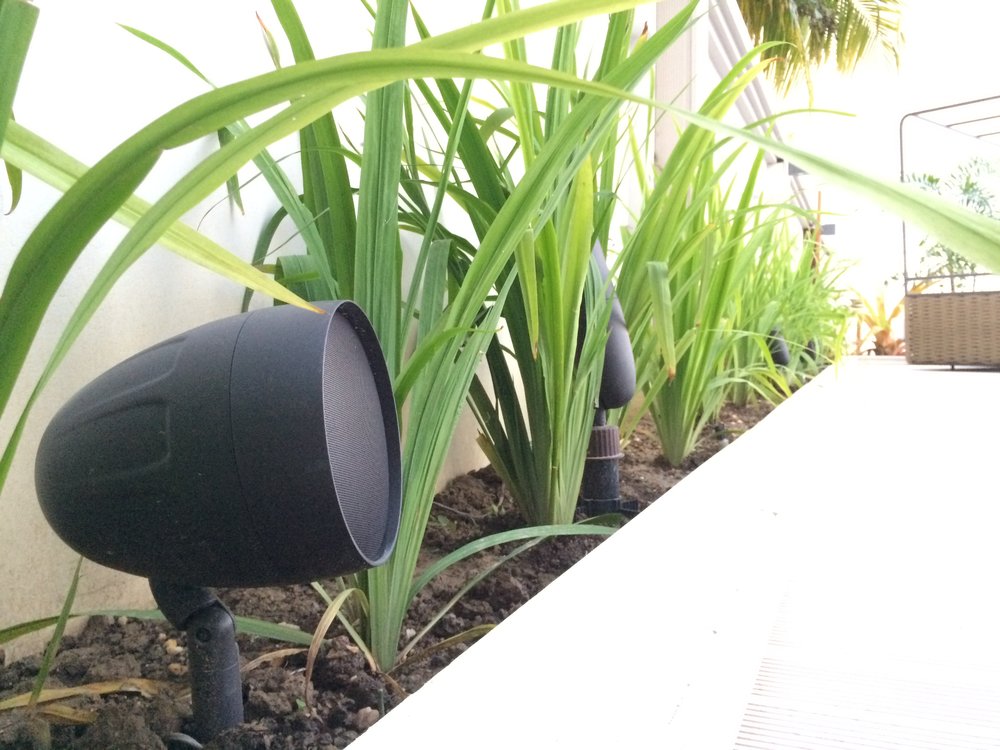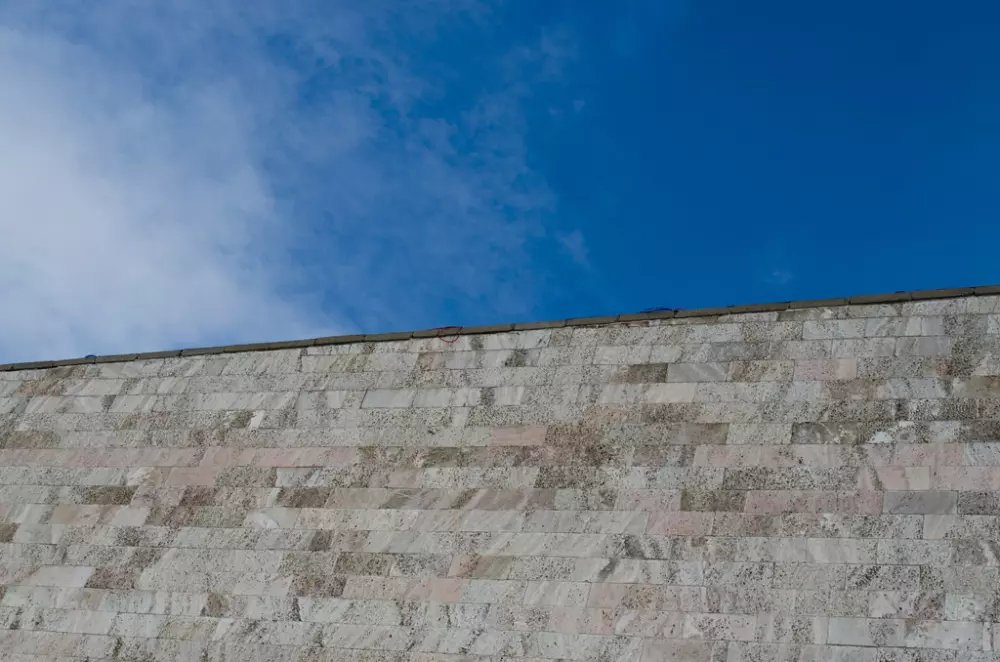Installing outdoor speakers can transform your backyard into an entertainment oasis, perfect for parties, relaxation, and enjoying your favorite tunes under the open sky. However, choosing and installing the right speaker wire for outdoor use is crucial for ensuring optimal sound quality and durability. Here’s a comprehensive guide to help you make the right choices and install your outdoor speaker wire effectively.

Choosing the Right Speaker Wire
1. Wire Gauge:
– Distance Matters: The distance between your amplifier and the speakers determines the appropriate wire gauge. For distances up to 50 feet, a 16-gauge wire is sufficient. For longer runs, consider using a 14-gauge or 12-gauge wire to maintain sound quality.
– Power Requirements: Higher power systems might require thicker wires (lower gauge numbers) to handle the increased current without significant loss.
2. Outdoor Rating:
– Direct Burial: If you plan to bury the wire, ensure it is rated for direct burial. These wires are designed to withstand moisture, soil acidity, and temperature fluctuations.
– UV Protection: If the wire will be exposed to sunlight, choose a wire with UV-resistant insulation to prevent degradation over time.
3. Weather Resistance:
– Insulation Material: Look for wires with durable insulation materials like polyethylene (PE) or thermoplastic elastomer (TPE), which offer excellent resistance to moisture, chemicals, and temperature changes.
– Jacket Quality: Ensure the outer jacket of the wire is tough enough to protect against physical damage from weather, insects, and garden tools.
Installing Outdoor Speaker Wire

1. Planning the Layout:
– Measure the Distance: Determine the distance from your amplifier to each speaker location to calculate the total wire length needed. Remember to account for any twists and turns along the route.
– Avoid Obstacles: Plan your wire path to avoid potential obstacles like walkways, driveways, and large roots. This will make the installation process smoother and protect the wire from damage.
2. Tools and Materials Needed:
– Speaker wire (appropriate gauge and outdoor rating)
– Wire cutters and strippers
– Conduit (optional, for added protection)
– Shovel (for burying wire)
– Cable clips or zip ties
– Waterproof connectors or wire nuts
3. Running the Wire:
– Above Ground: If running the wire above ground, use cable clips or zip ties to secure it along fences, walls, or other structures. Ensure the wire is taut and not sagging.
– Underground: For underground installations, dig a trench at least 6 inches deep to protect the wire from garden tools and other disturbances. Place the wire in the trench and cover it with soil. For added protection, run the wire through a conduit before burying it.
4. Connecting the Speakers:
– Strip the Wire: Use wire strippers to remove about half an inch of insulation from the ends of the wire.
– Attach Connectors: If your speakers and amplifier have binding posts or spring clips, attach banana plugs or spade connectors to the wire ends for a secure connection. Ensure the connectors are rated for outdoor use.
– Waterproofing: Use waterproof connectors or wire nuts to join the wire ends, and wrap the connections with electrical tape or heat-shrink tubing to keep moisture out.
5. Testing and Final Adjustments:
– Check Connections: Ensure all connections are secure and correctly polarized (positive to positive, negative to negative).
– Test the System: Turn on your amplifier and test the speakers to ensure they are working correctly. Adjust the wire placement or connections as needed to optimize sound quality.
– Secure and Conceal: Once everything is working properly, secure any loose wires and conceal them as much as possible to maintain a neat appearance.
Maintenance Tips
– Regular Inspections: Periodically check the wire for signs of wear, damage, or exposure to the elements. Address any issues promptly to prevent signal loss or shorts.
– Clean Connections: Keep the connections clean and free of debris to maintain optimal performance. Reapply waterproofing materials if necessary.
Conclusion
Choosing and installing the right speaker wire for outdoor use is essential for achieving excellent sound quality and durability. By following these guidelines, you can create a reliable and long-lasting outdoor audio setup that enhances your outdoor living space. Enjoy the perfect blend of music and nature with confidence, knowing your outdoor speakers are well-equipped to withstand the elements.
[…] a comfortable handle and a dense foam pad for efficient grout application. Suitable for both DIY projects and professional use, it ensures smooth and even distribution of […]
[…] Hidden WiFi spy cameras offer several advantages that make them indispensable for outdoor backyard security: […]
[…] seating, a built-in bar or grill station, and a hot tub or spa for relaxation. Incorporate outdoor speakers and a projector screen for movie nights or sporting events under the open […]